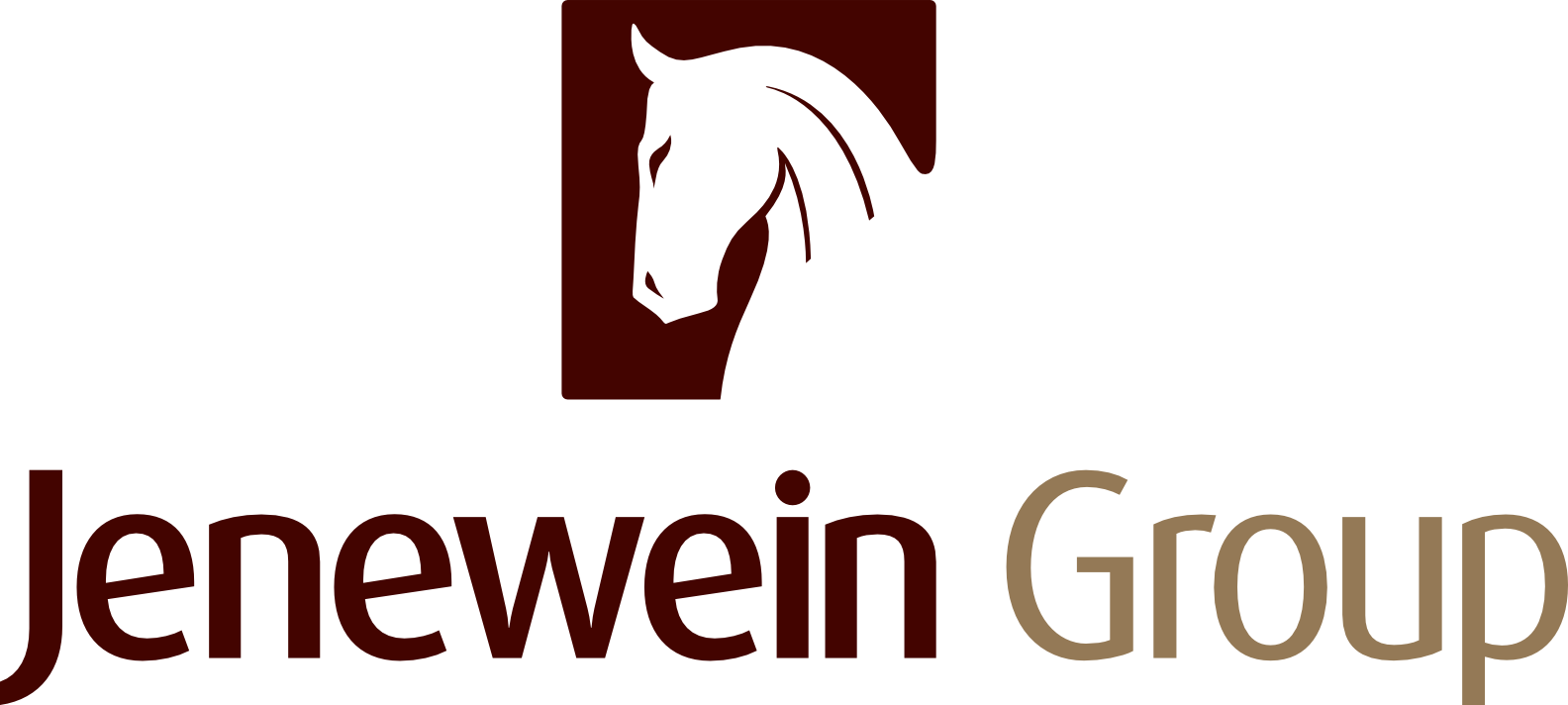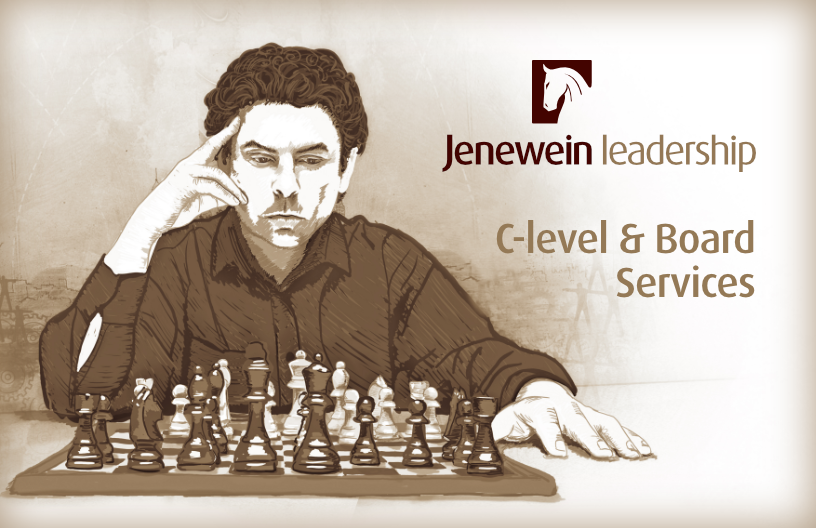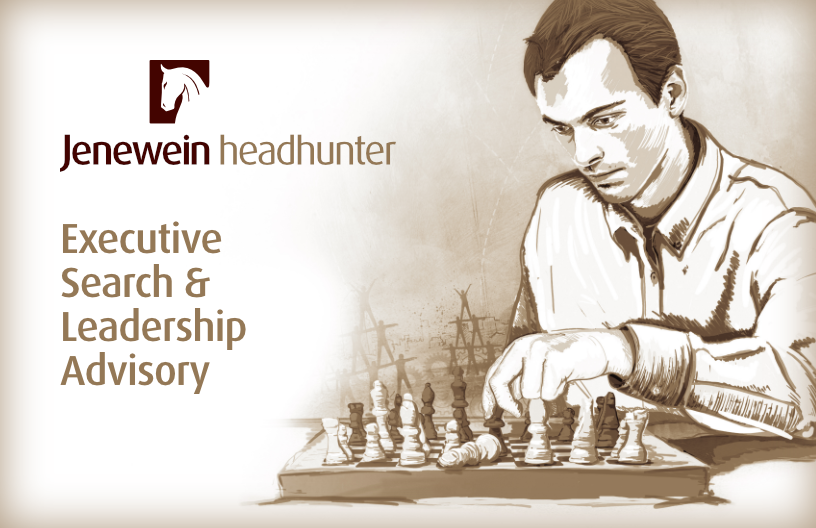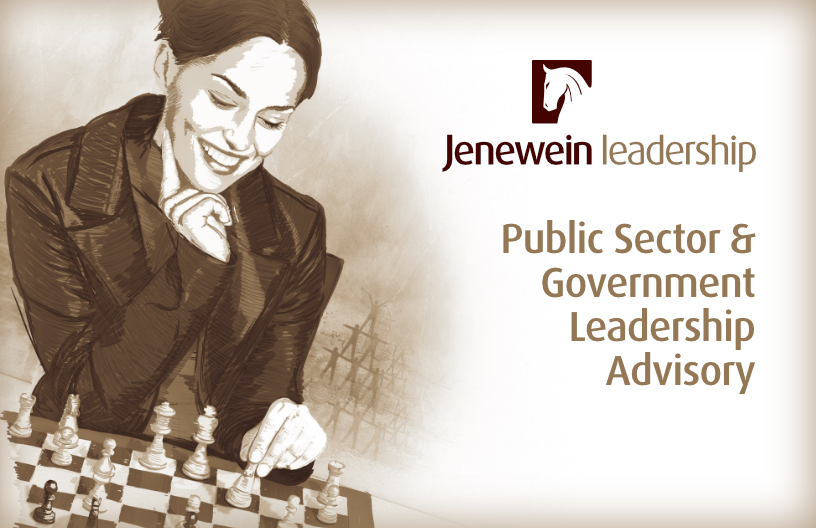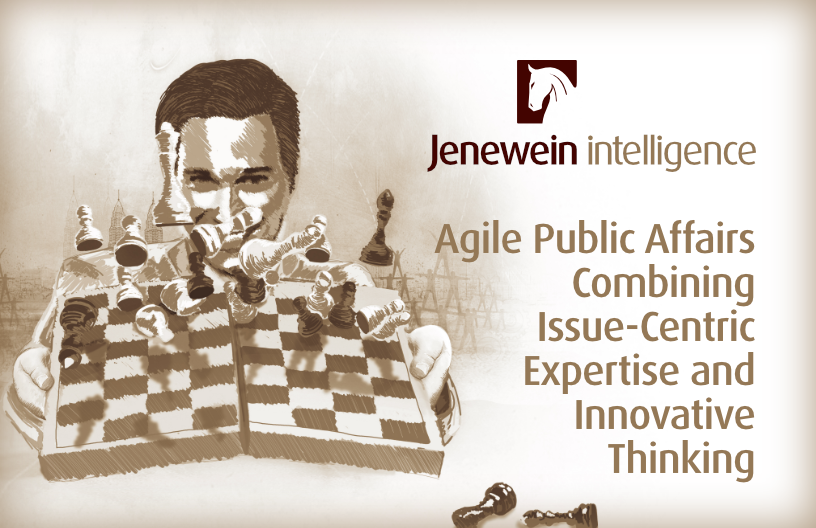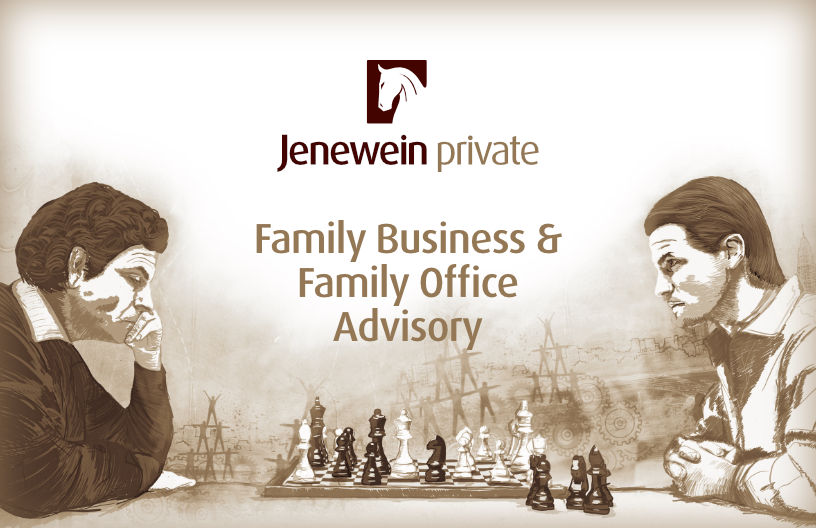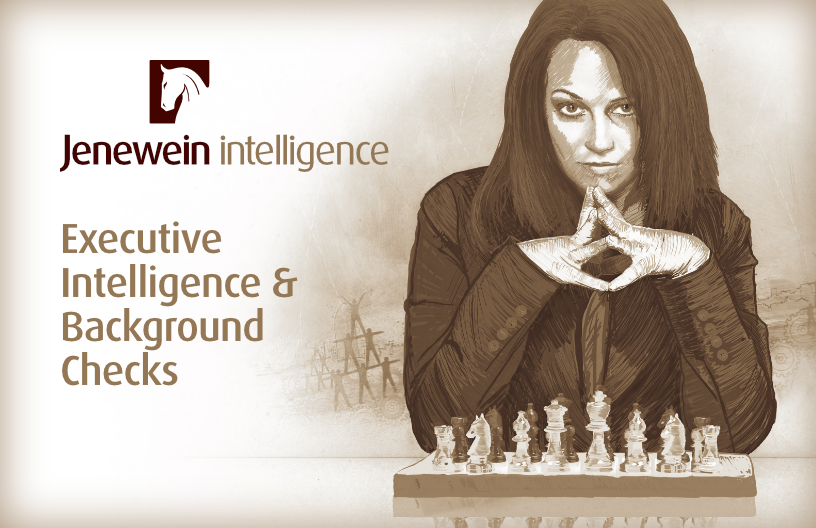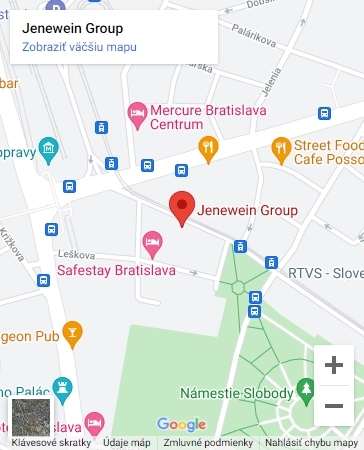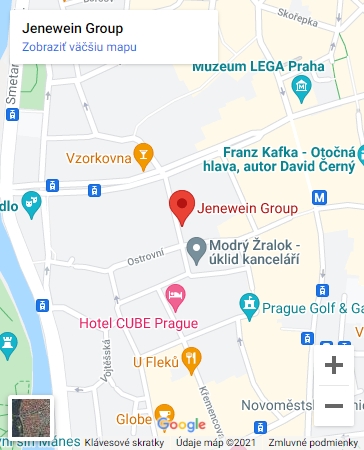Through our consulting teams active within global partnerships and networks we manage to keep a finger on the pulse of latest developments and thus offer proven experience combined with innovative expertise in and beyond the central European region.
We have many clients including international companies, Czech and Slovak companies, investors, private holdings, family businesses, as well as the public and non-profit sector. Our consulting teams are committed to creating mutually beneficial partnerships and building long-term relationships.
Read more >>
Articles & Studies
A letter from AESC president Peter Felix
Dear AESC Colleague,
Spare a moment's thought for the dilemma which research staff face every day: how to obtain information quickly that will contribute to an effective solution to the current search assignment?
With the advent of the internet and huge sources of information at our finger tips, the task, in theory, should be easier than ever. But sometimes there is no substitute for direct cold calling to organizations with the purpose of identifying new sources and potential candidates — i.e. name generation.
So how do you get past the gatekeepers, be they switchboards, receptionists or executive assistants?
The short answer is not by blatant misrepresentation or lying. It is unethical, unprofessional and clearly against the principles of the AESC. Our training courses are clear on this as is our Code of Ethics. Our Ethics state that AESC members will conduct their business activities with integrity and avoid conduct that is deceptive or misleading.
But that doesn't mean that subtle and indirect techniques cannot be used.
Executive Search is a consulting service that implicitly involves research, not only about industry sectors and companies but especially about individual executives. Many individuals are willing to share information with executive search firms if they feel that they can do so without fear of confidential leaks and if they are talking to an intelligent and informed professional.
We are consultants working on highly confidential assignments. We do need to talk to experts in the field who can help us with market research. We are not obligated to explain to a gatekeeper what the assignment concerns.
Often these simple rationales will get us to sources who can be very helpful in understanding the market and open up a wide range of contacts and ideas for the search. If still this is not enough then a combination of desk/internet research should begin to show the way.
However, if our prime approach is to go cold into organizations to find contacts and names then it must be done with great care and without blatant misrepresentation. But if that is the mainstay of our service, have we not reduced our process to a mechanical numbers game and turned ourselves into commodity processors?
The more we remove sophisticated and intelligent methods from our consulting work or substitute professionalism with corner cutting and disreputable techniques the more we undermine the added value of what we do and expose the profession to criticism.
In these matters, as always, leadership in professionalism is key and standards must come from the top. Just as the client is entitled to expect the highest professionalism from you, the consultant, so you are entitled to expect the highest professionalism from your research staff. In this respect try to avoid placing undue pressures on your research staff and don't bury your head in the sand about how names are being obtained. It may be a tough call to impose strictures on how your internal or contracted research staff operate but it is a call that has to be made. Why not put it on the agenda and review our training courses as a way to get the message across (AESC Campus)?
As always your comments and feedback are most welcome.
With kind regards,
Peter Felix
pmf@aesc.org
